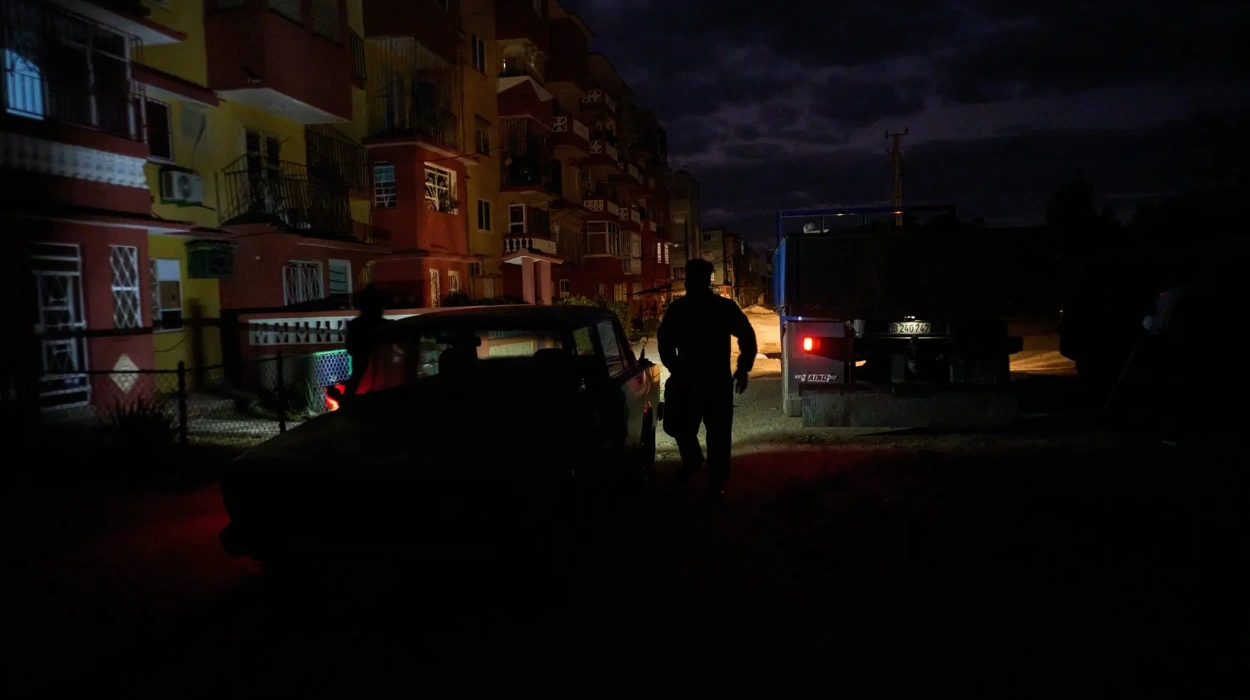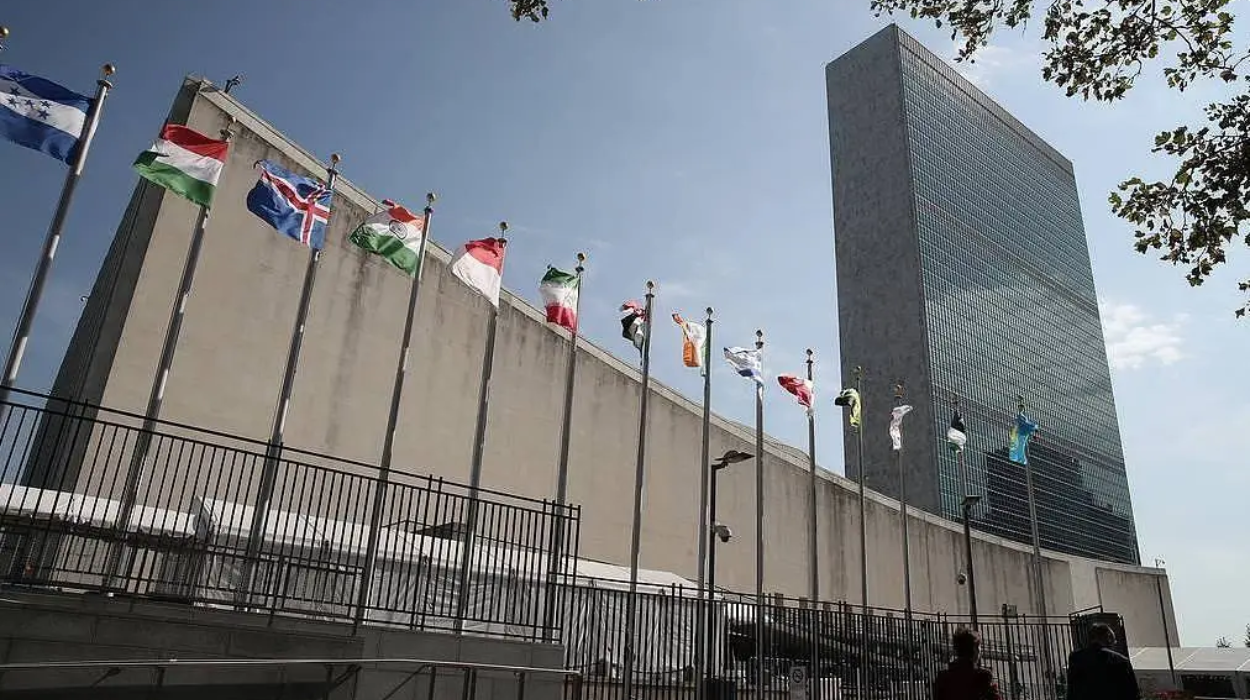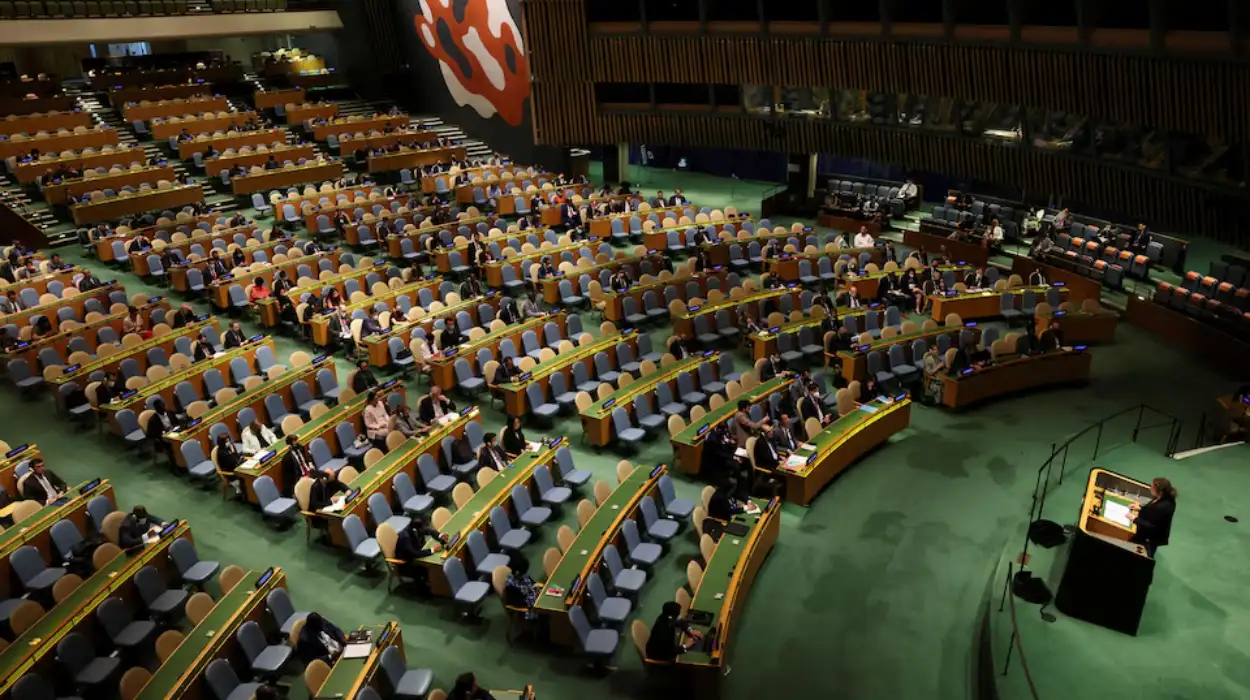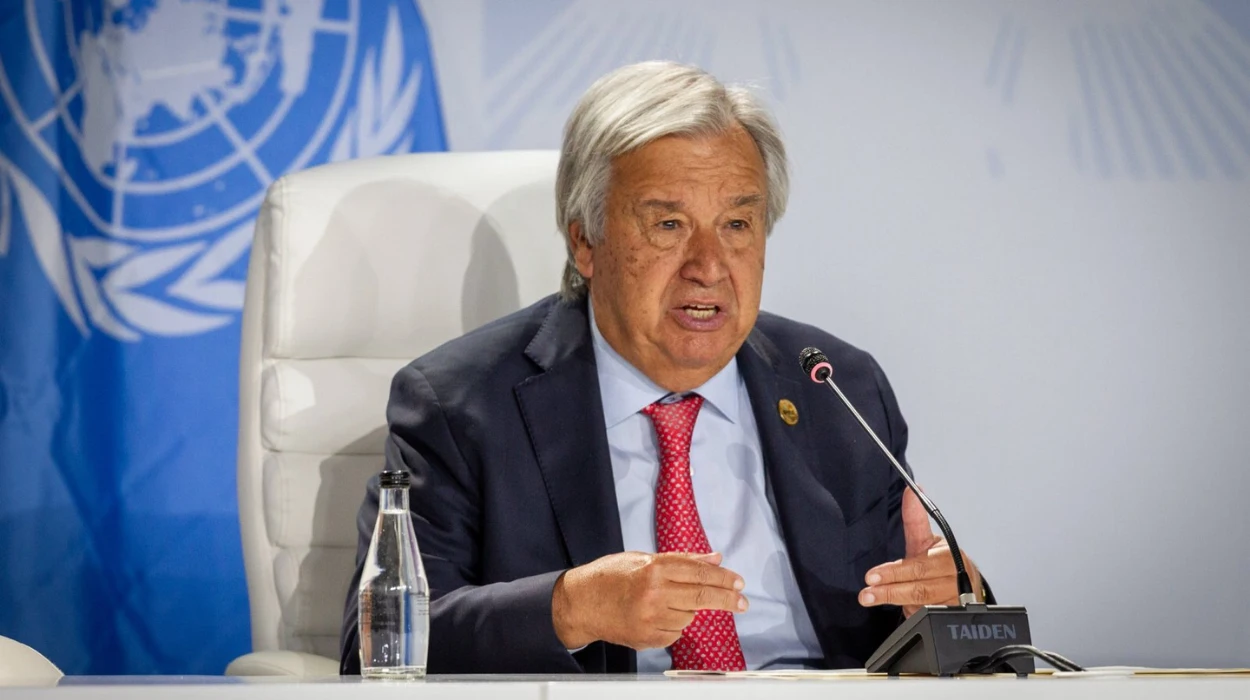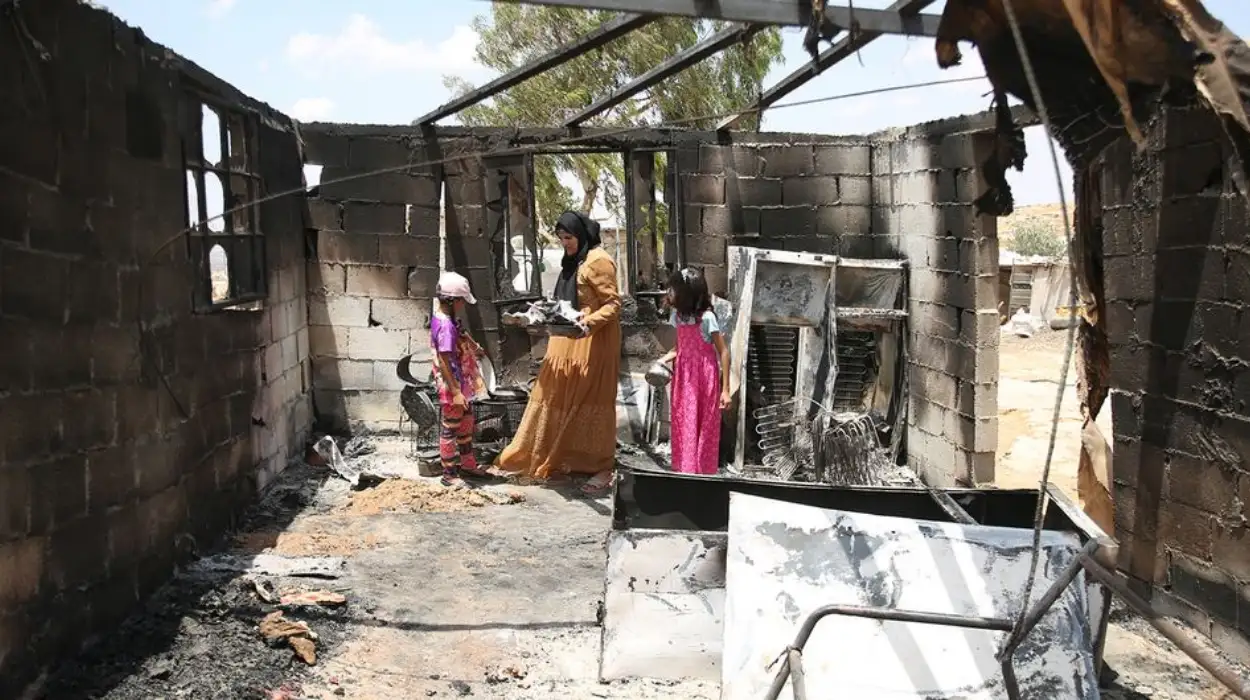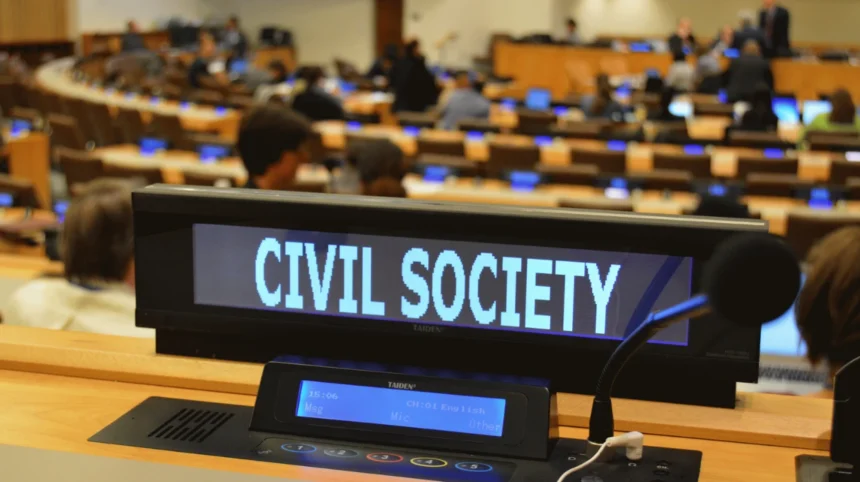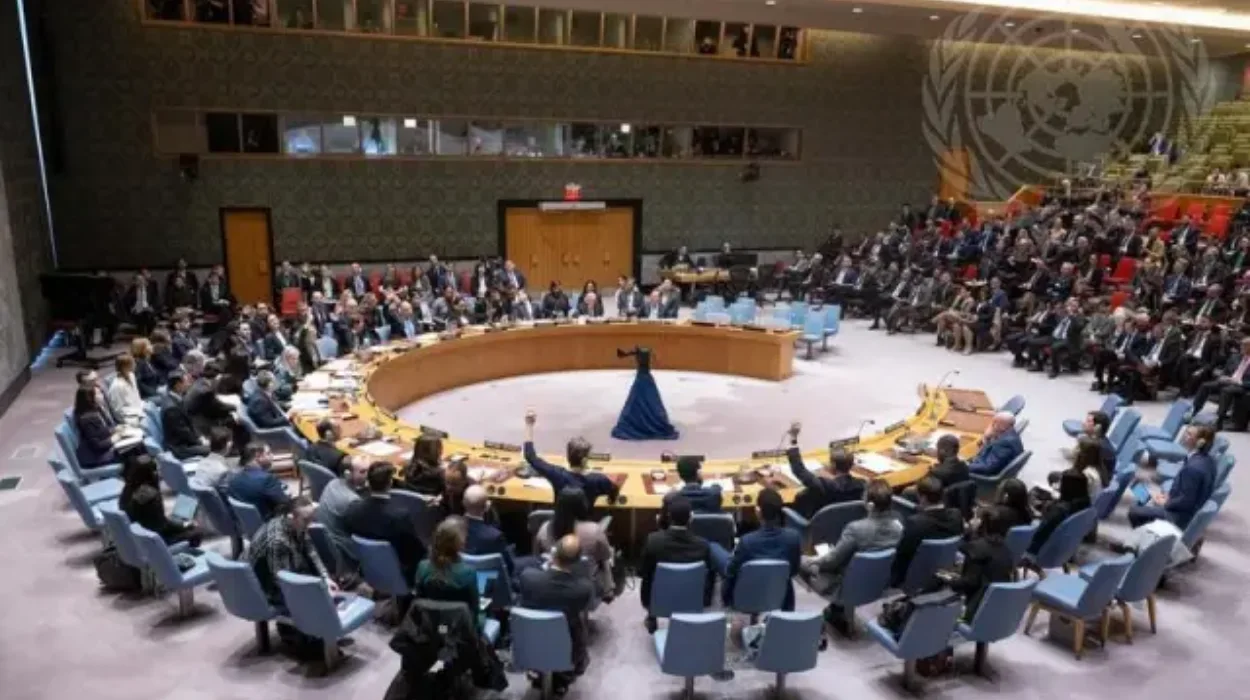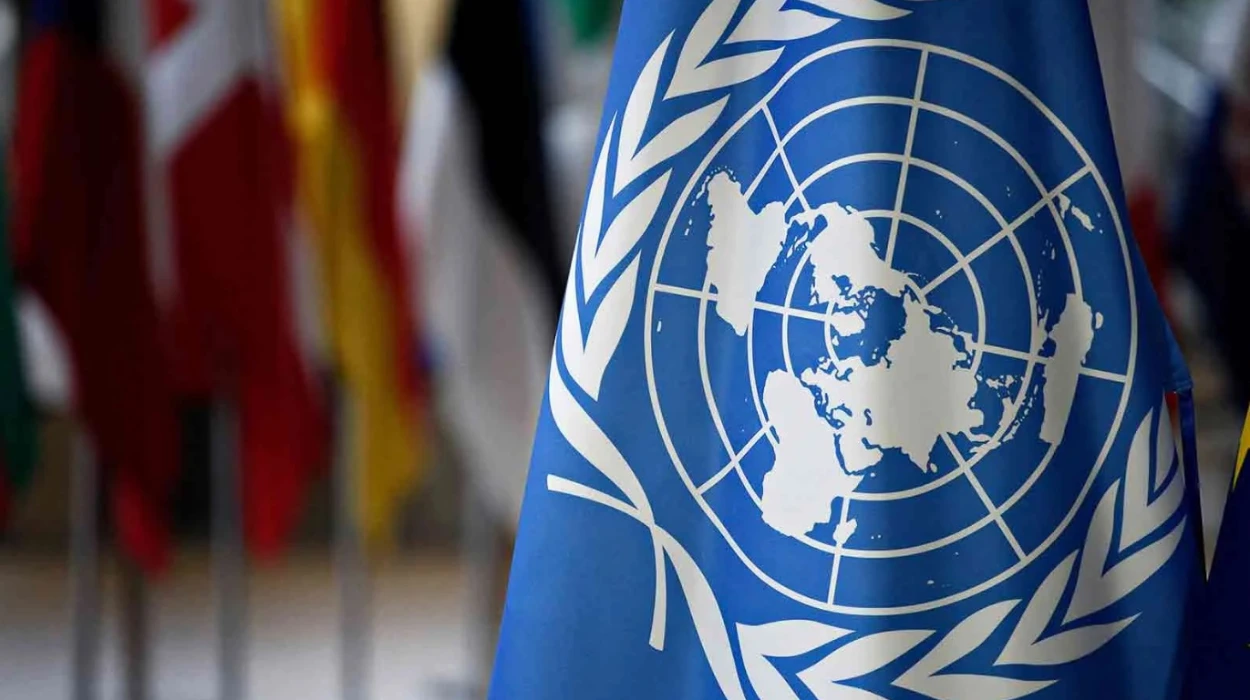Non-governmental organizations remain fundamental to global governance. Consultative status by the Economic and Social Council (ECOSOC) has contributed to a large extent to their participation in the United Nations. By 2025, this mechanism is not only a venue where the civil society can be involved in the global policymaking process but also a hub in discussions regarding equity, transparency, and access in international matters.
The expanding role of NGOs in United Nations deliberations
NGOs that have ECOSOC consultative status are allowed to be involved at the UN bodies directly. This involves writing statements, holding meetings and giving oral interventions on various areas of issues. These agencies bring experience in areas such human rights, humanitarian assistance, sustainable development and environmental governance. As of the end of 2024, there were 6,494 such NGOs in the world, categorized as General, Special or Roster due to their level of global presence and their technical emphasis.
The eligibility is regulated by Resolution 1996/31, which asks its applicants to have existed at least two years and to be financially transparent, to have democratic form of governance and to have their mission oriented towards UN principles. Although the goal of the consultative system of status is to guarantee relevance and credibility of the participants, the issue of selective access and politicization still remains.
Increasing demand and procedural challenges
The consultative status has been on an increase. As of 2025, two-thirds of UN states that composed the 19-member Committee on NGOs recognized 258 new applications and 356 deferred applications. Nevertheless, in spite of the interest level, 72 NGOs were invited to Special Consultative Status in the resumed session.
Chief of the NGO Branch Wook-Jin Chang highlighted a problematic resource imbalance. As the civil society interest has increased at an alarming rate, the staffing and institutional capacity of the UN has been stuck more than a decade ago. The result of this mismatch has contributed to backlog and delay in response time, which has resulted into a procedural barrier to the timely involvement of the civil society.
New and under-resourced NGOs are especially impacted by these delays, especially in the regions that have low representation in global policymaking. In these organizations, a slow processing process may result in failure to capture crucial moments to shape policy discussions, particularly where the process is fast moving such as in climate adaptation or humanitarian crisis.
Political dynamics behind consultative status decisions
Even though consultative status is a technical term, the politics of consultative status are often influenced by politics. The Committee on NGOs gives its member states much latitude with regard to questioning, deferring, or blocking an application. These can be broader geopolitical tensions or national sensitivities.
In the 2025 session, both China and the United States had almost 45% of the questions to the applicant NGOs. The trend has been seen to be raising concerns over the undue effect of the strong nations in the formation of access to civil society, especially when questions keep on postponing or blocking groups that might be critical of the state policies.
Reform proposals and opposition to politicization
Efforts to enhance transparency and reduce arbitrariness in the consultative status process have gained traction. Countries including the United Kingdom, Costa Rica, and Canada have advocated procedural reforms to standardize timelines and limit indefinite deferrals.
Discipline of transparency and arbitrariness in the consultative status process has been on the rise. Other countries such as the United Kingdom, Costa Rica and Canada have also promoted procedural change to make timelines uniform and to restrict indefinite deferrals.
In 2025, one of the reforms discussed is that applications over three times deferred should automatically proceed to a vote unless particular breaches of the eligibility requirements are reported. Although the proposal is yet to be adopted, there is an increasing strain on the use of the committee as a political instrument through deferrals.
Practical significance of consultative status for NGOs
Consultative status gives NGOs access to ECOSOC and most of its sub-bodies. They are able to provide verbal speeches, written contributions, and fund side events. The rights assist in making sure that the concerns of the grassroots and technical expertise is represented in the global agendas.
This status is commonly used by organizations that have to work on climate resilience, suggest community-focused solutions, work on public health, and mediate between different parties. In most instances, NGOs offer early warning, local knowledge, or responsibility information which states might not have.
Enhancing transparency through civil society participation
NGOs also have the watchdog role of keeping check on the utilization of UN commitments. Corruption, discrimination, or environmental degradation are some of the issues that are always evident in their reports and involvement. Through this, the consultative status promotes a kind of institutional control internalized in international forums.
As an example, gender equity organizations have leveraged their position to have their way in the Commission on the Status of Women. Equally, environment NGOs have a role in UN climate processes, where they provide information, and raise awareness among the population.
Challenges to inclusive participation
The system of consultative status is at a risk of losing its legitimacy through the continued backlog in the application processing process. Companies that operate in a very hostile or volatile environment cannot wait many years. Such delays disproportionately strike the civil society in the Global south which stultifies the attempts at democratising access to international forums.
The status quo of the Committee on NGOs in which one nation can effectively stall the application by asking countless questions, promotes existing power imbalances in the field of international governance. It poses the query that can procedural reforms guarantee fair access?
Marginalization of controversial or critical NGOs
A particular NGOs, especially those that are concerned with minority rights, sexual orientation and gender identity, or the critique of the state policies face systemic opposition. Such organizations have been refused or postponed a number of applications on the basis of general issues about national sovereignty or political neutrality.
These trends indicate that the consultative status may be applied selectively to curb dissenting voices, even when the applicants fulfill the technical eligibility requirements. Consequently, the extent to which the UN is committed to the engagement of civil societies is becoming more dependent on the way in which it handles these inequalities.
Future directions for reform and inclusion
Enhancing the process of consultative status needs administrative and political commitments. Suggestions to increase funding in the NGO Branch, to set specific deadlines in which the application is reviewed, and to receive equal treatment of all member states are discussed. At the same time, civil society alliances are lobbying increased visibility of committee discussions and more reasons given on why deferrals should be made.
According to some researchers, the consultative status system might transform into a prototype of international lobby transparency. The UN has a chance to add a certain procedural transparency so as to discourage politically motivated interference by publishing records of which states inquire of which NGOs and why. This would make the consultative process a point of world accountability and access.
Politics of consultative status is a symptom of larger disputes on voice, representation and legitimacy in international governance. With world issues becoming more connected, it is still crucial that different and knowledgeable civil society actors have the chance to participate in the working of the UN.
Which organizations get to speak at the global level is not merely a technical question. It reveals how international institutions manage the interplay between authority, accountability, and public participation, a dynamic that will only grow more important as the architecture of global governance continues to evolve.


